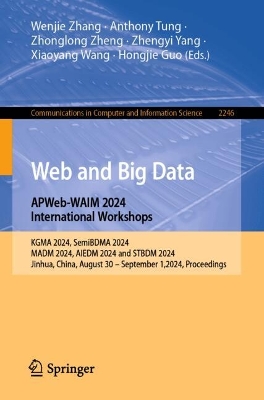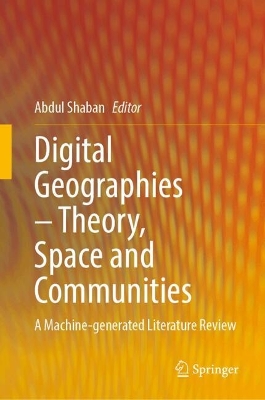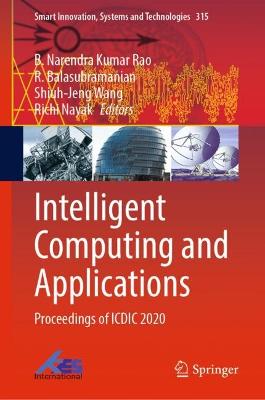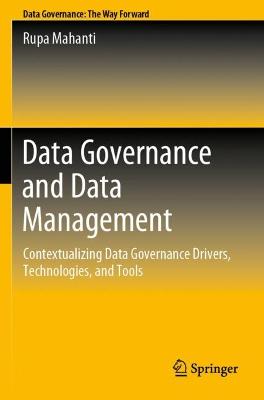Large Language Models for Automatic Deidentification of Electronic Health Record Notes
 portes grátis
portes grátis
Large Language Models for Automatic Deidentification of Electronic Health Record Notes
International Workshop, IW-DMRN 2024, Kaohsiung, Taiwan, January 15, 2024, Revised Selected Papers
Chen, Ching-Tai; Jonnagaddala, Jitendra; Dai, Hong-Jie
Springer Verlag, Singapore
03/2025
214
Mole
9789819779659
Pré-lançamento - envio 15 a 20 dias após a sua edição
.- Enhancing Automated De-identification of PathologyText Notes Using Pre-Trained Language Models.
.- A Comparative Study of GPT3.5 Fine Tuning and Rule-Based Approaches for De-identification and Normalization of Sensitive Health Information in Electronic Medical Record Notes.
.- Advancing Sensitive Health Data Recognition and Normalization through Large Language Model Driven Data Augmentation.
.- Privacy Protection and Standardization of Electronic Medical Records Using Large Language Model.
.- Applying Language Models for Recognizing and Normalizing Sensitive Information from Electronic Health Records Text Notes.
.- Enhancing SHI Extraction and Time Normalization in Healthcare Records Using LLMs and Dual- Model Voting.
.- Evaluation of OpenDeID Pipeline in the 2023 SREDH/AI-Cup Competition for Deidentification of Sensitive Health Information.
.- Sensitive Health Information Extraction from EMR Text Notes: A Rule-Based NER Approach Using Linguistic Contextual Analysis.
.- A Hybrid Approach to the Recognition of Sensitive Health Information: LLM and Regular Expressions.
.- Patient Privacy Information Retrieval with Longformer and CRF, Followed by Rule-Based Time Information Normalization: A Dual-Approach Study.
.- A Deep Dive into the Application of Pythia for Enhancing Medical Information De-identification in the AI CUP 2023.
.- Utilizing Large Language Models for Privacy Protection and Advancing Medical Digitization.
.- Comprehensive Evaluation of Pythia Model Efficiency in De-identification and Normalization for Enhanced Medical Data Management.
.- A Two-stage Fine-tuning Procedure to Improve the Performance of Language Models in Sensitive Health Information Recognition and Normalization Tasks.
.- Enhancing Automated De-identification of PathologyText Notes Using Pre-Trained Language Models.
.- A Comparative Study of GPT3.5 Fine Tuning and Rule-Based Approaches for De-identification and Normalization of Sensitive Health Information in Electronic Medical Record Notes.
.- Advancing Sensitive Health Data Recognition and Normalization through Large Language Model Driven Data Augmentation.
.- Privacy Protection and Standardization of Electronic Medical Records Using Large Language Model.
.- Applying Language Models for Recognizing and Normalizing Sensitive Information from Electronic Health Records Text Notes.
.- Enhancing SHI Extraction and Time Normalization in Healthcare Records Using LLMs and Dual- Model Voting.
.- Evaluation of OpenDeID Pipeline in the 2023 SREDH/AI-Cup Competition for Deidentification of Sensitive Health Information.
.- Sensitive Health Information Extraction from EMR Text Notes: A Rule-Based NER Approach Using Linguistic Contextual Analysis.
.- A Hybrid Approach to the Recognition of Sensitive Health Information: LLM and Regular Expressions.
.- Patient Privacy Information Retrieval with Longformer and CRF, Followed by Rule-Based Time Information Normalization: A Dual-Approach Study.
.- A Deep Dive into the Application of Pythia for Enhancing Medical Information De-identification in the AI CUP 2023.
.- Utilizing Large Language Models for Privacy Protection and Advancing Medical Digitization.
.- Comprehensive Evaluation of Pythia Model Efficiency in De-identification and Normalization for Enhanced Medical Data Management.
.- A Two-stage Fine-tuning Procedure to Improve the Performance of Language Models in Sensitive Health Information Recognition and Normalization Tasks.







